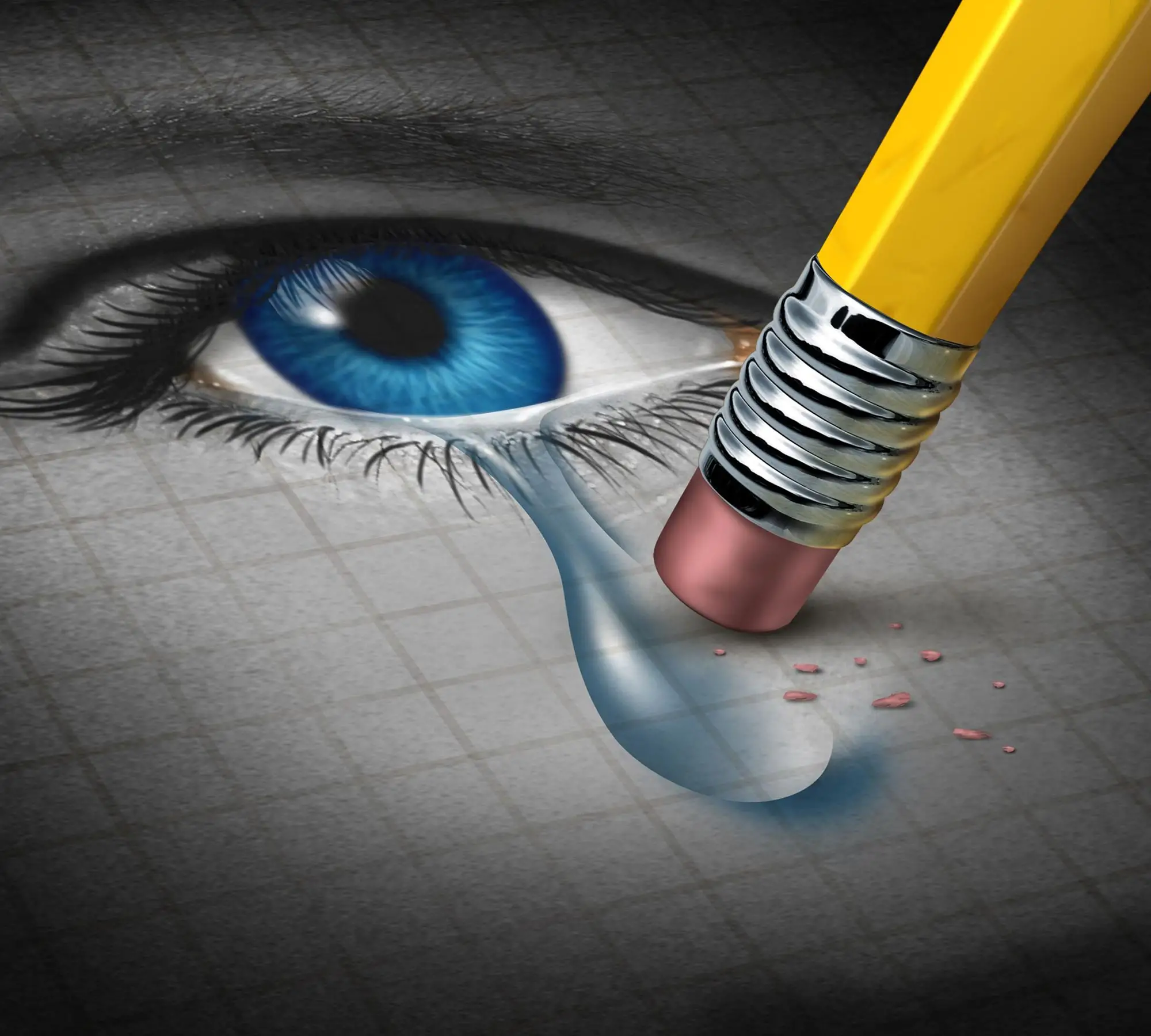Summary of Scientists Identify an Unconventional Treatment for Depression and Anxiety: Humor:
A recent analysis of 29 studies suggests that humor therapy may help alleviate symptoms of depression and anxiety. The analysis involved nearly 3,000 participants from different demographics and health backgrounds, including children, older adults, patients with various illnesses, and college students. Examples of humor therapy used in the studies included medical clowns and laughter therapy/yoga. Most participants reported reduced depression and anxiety, but some believed the effect was minimal. The authors suggest that humor therapy could be a viable complementary treatment option.
– Humor therapy has been identified as an unconventional treatment for depression and anxiety.
– An analysis of 29 studies involving nearly 3,000 participants supports using humor therapy to alleviate symptoms.
– Participants from various demographics and health backgrounds, including children, older people, and patients with different conditions, reported positive effects of humor therapy.
– The authors of the analysis suggest that humor therapy can be a simple and feasible complementary alternative for clinicians, nurses, and patients.
—
Scientists Identify an Unconventional Treatment for Depression and Anxiety: Humor Therapy
Depression and anxiety are common mental health disorders affecting millions worldwide. While various treatment options are available, researchers have recently identified an unconventional yet promising approach: humor therapy. A review of 29 studies involving nearly 3,000 participants from different demographics and health backgrounds suggests that humor therapy may alleviate symptoms of depression and anxiety.
The analysis, published in the journal Brain and Behavior, focused on investigating the impact of humor therapy on individuals with depression or anxiety. The study participants included children undergoing surgery or anesthesia, older people living in nursing homes, patients with Parkinson’s disease, cancer, mental illness, or receiving dialysis, retired women, and college students. These diverse groups provide valuable insights into the potential benefits of humor therapy across different populations.
So, what exactly is humor therapy? The examples cited in the studies ranged from medical clowns to laughter therapy or laughter yoga. These interventions aim to incorporate humor and laughter into a person’s life to improve their emotional well-being. The idea behind humor therapy is that laughter releases endorphins, the body’s natural feel-good chemicals, which can help counteract the negative emotional impact of depression and anxiety.
The findings of the analysis revealed that a majority of the participants believed humor therapy had a positive effect on their depression and anxiety. However, it is important to note that some individuals considered the impact insignificant. Despite this, the overall pattern of positive responses supports the potential efficacy of humor therapy as a complementary alternative treatment.
While more research is needed to fully understand the mechanisms behind humor therapy, the current evidence suggests that it can be a simple and feasible option for clinicians, nurses, and patients in the future. Humor therapy in healthcare settings may provide a novel approach to support mental health and well-being.
The integration of humor therapy into traditional treatment methods offers a fresh perspective on better managing and alleviating symptoms of depression and anxiety. By incorporating laughter and humor into our lives, we can tap into the power of positive emotions and create a more uplifting and enjoyable environment.
Incorporating humor into our daily routines doesn’t have to mean seeking professional therapy or enlisting the help of medical clowns. We can start by embracing a light-hearted attitude and finding opportunities for laughter in our everyday lives. Whether watching a funny movie, sharing jokes with friends, or finding humor in seemingly mundane situations, laughter can be a powerful tool for boosting our mood and improving our overall well-being.
The benefits of humor therapy extend beyond its potential impact on depression and anxiety. Research has shown that humor can strengthen social connections, enhance coping mechanisms, reduce stress, and improve physical health. By incorporating humor into our lives, we can create a positive upward spiral contributing to our happiness and satisfaction.
It is important to remember, however, that humor therapy should not be viewed as a stand-alone treatment for depression and anxiety. It should be used in conjunction with other evidence-based therapies and under healthcare professionals’ guidance. Each individual’s experience with humor therapy may vary, and it is crucial to consult with a qualified healthcare provider to determine the most appropriate treatment approach.
In conclusion, the emerging research on humor therapy as an unconventional treatment for depression and anxiety is fascinating and promising. The analysis of 29 studies involving nearly 3,000 participants provides valuable insights into the potential benefits of incorporating humor and laughter into mental health interventions. While humor therapy should not replace traditional treatments, it can serve as a complementary alternative therapy that is simple, feasible, and enjoyable. So, embrace the power of laughter and humor, and discover how they can improve your mental well-being.

